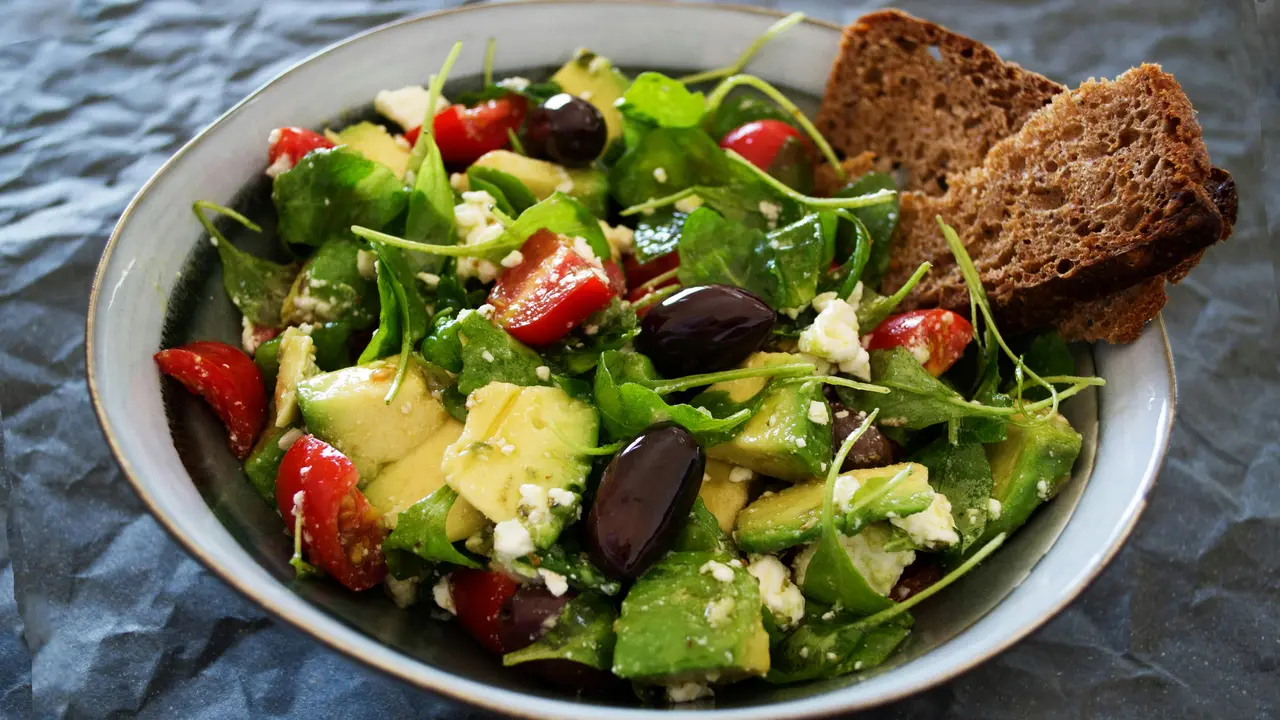Are you curious about how many carbs are in champagne? This bubbly beverage often graces our celebrations, but its nutritional profile might surprise you. In this article, we will delve into the carbohydrate content of champagne, uncover why this matters, and explore the variations among different types. Get ready to toast with knowledge!
Understanding Carbohydrates in Champagne
What Are Carbohydrates?
Carbohydrates are one of the three macronutrients that provide energy to our bodies. They are primarily found in foods such as grains, fruits, and vegetables. Understanding how carbs fit into the nutritional landscape is essential for maintaining a healthy diet, especially for those monitoring their intake for weight management or diabetes.
How Many Carbs Are in Champagne?
The average carbohydrate content in champagne can vary, but most champagnes contain about 1-2 grams of carbs per 5-ounce serving. This relatively low number makes champagne a popular choice for those looking to enjoy a social drink without excessive carb intake. Let’s break it down further:
- Brut Champagne: Generally contains 0-1 grams of carbs.
- Extra Brut Champagne: Features less than 0.6 grams of carbs.
- Sec Champagne: Contains about 10-17 grams of carbs.
Factors Affecting Carb Content in Champagne
The Role of Sugar in Champagne
Champagne gets its sweetness from the added sugar during the fermentation process. Different styles of champagne indicate the level of sweetness, significantly influencing the carbohydrate content. Understanding this can help you choose the best option for your dietary needs.
Types of Champagne and Their Carb Content
Each type of champagne has its unique attributes, resulting in variations in carb content:
- Brut Nature: Contains little to no sugar, thus very low in carbs.
- Extra Brut: Slightly more sugar than Brut Nature but still low-carb.
- Brut: Very low sugar content, making it a favorite for health-conscious drinkers.
- Sec, Demi-Sec, and Doux: These styles have progressively higher sugar levels and therefore higher carbohydrate counts.
Why Carb Content Matters When Choosing Champagne
Health Considerations
For many, keeping an eye on carb intake is crucial, especially those following low-carb diets or managing conditions like diabetes. By knowing how many carbs are in champagne, you can indulge responsibly without compromising your dietary goals.
Pairing Champagne with Food
Understanding the carb content can also enhance your dining experience. Pairing a dry champagne with low-carb dishes like seafood and grilled meats can create a harmonious balance. On the other hand, a sweeter champagne may complement desserts or fruit-based dishes, but it might not align with low-carb choices.
Tips for Enjoying Champagne Responsibly
Moderation is Key
While champagne can be enjoyed in moderation, it’s essential to be aware of portion sizes. Stick to a standard serving to manage your carbohydrate intake effectively.
Opt for Dry Varieties
If you’re concerned about carb content, choose drier varieties such as Brut or Extra Brut. These options will allow you to enjoy that sparkling experience with far fewer carbs.
Conclusion
In summary, knowing how many carbs are in champagne helps you make informed choices for your health and dining experiences. With most champagnes containing just 1-2 grams of carbs per serving, you can enjoy this delightful drink without much concern, especially if you opt for the drier varieties. Next time you pop a bottle, you can do so confidently! Don’t forget to share this article with friends or explore more about healthy drinking habits!
Carbs – Recent Articles
- How Many Calories is One Gram of Carbs? Unlock the Truth!
- Are There Carbs in Coffee? Uncover the Truth Now!
- How Many Carbs Are in Chicken McNuggets? The Surprising Truth!
- How Many Carbs in Crown Apple? Discover the Surprising Truth!
- How Many Carbs in Chicken Parmigiana? Find Out Now!
Carbs – Useful Links
- Harvard T.H. Chan — Carbohydrates (The Nutrition Source)
- Harvard T.H. Chan — Carbohydrates and Blood Sugar
- Oklahoma State University Extension — Carbohydrates in the Diet
- Colorado State University Extension (Food Smart Colorado) — Carbohydrates
- Mayo Clinic — Carbohydrates: How carbs fit into a healthy diet
